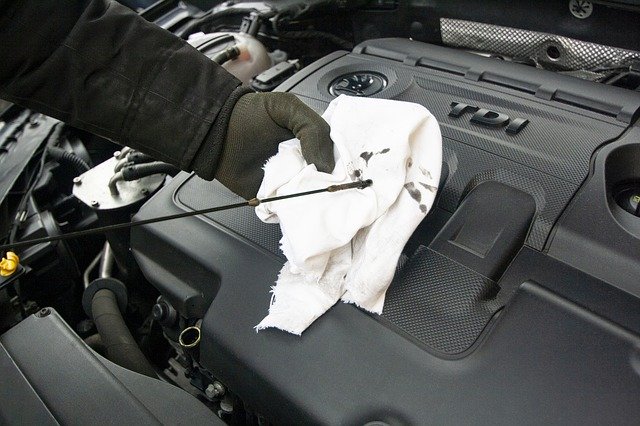If you are running your own small business, are you getting the most out of it via smart tax deductions? Here’s a short checklist of things you want to consider before filing your taxes each year to make sure you are taking advantage of the tax system to benefit small businesses. Some of these will affect both your business and personal taxes.
Home office deductions. If you have a section allocated for your business in your rented apartment or house, you can write this off as a business expense. There are strict requirements for how you use your home office, but you can deduct a portion of expenses from your personal taxes if you work from a home office. This includes both direct costs and indirect costs.

Personal vehicle use for a business. You can often write off mileage, fuel, travel costs, and maintenance costs including things like oil changes, basic maintenance, and things like coolant and def offered at www.peakhd.com. If you are running an entire fleet of vehicles for your business, do not forget that this basic maintenance adds up; take advantage of this when filing your business taxes. For more ways to make use of great savings options for your business vehicles, check out an earlier blog here.
Utilities. It’s true, you can deduct how much you pay in your water and electricity for your business, as well as any other utility bills such as the internet.
Meals. If you meet with potential clients, employees, or investors over lunch or dinner, make sure to keep those itemized receipts. A personal meal can typically have up to a 50% deduction, depending on the cost of the meal itself.

Inventory. There’s a reason you need to take inventory every year, and it is not just for your own knowledge. No, you can’t claim it directly as a deduction. However, your inventory is considered a reduction in your business’s gross income; when your taxable income is decreased, your taxes are lowered.
Uncollectable debts. If you have accrued debts that you can not collect on, include these in your deductions. While it does not make up for the loss, uncollectable debts are sadly often a part of small businesses. If you’ve tried chasing down that lost income, and have come up empty, record it as an uncollectable debt for your business taxes.
Marketing and advertising. Since this is often a non-physical good, it’s easy to forget about advertising and marketing fees, but if you are bringing in new clientele with advertising, you should be using it as a tax deduction.
As an entrepreneur or business owner, it’s imperative that you take advantage of deductions associated with business expenses. If you’re not sure where to begin, an accountant can pay for her or himself within the first year of filing your taxes, and reduce any stress associated with doing your own taxes. When in doubt, save those receipts! And, as an added bonus, remind your accountant to use their fees when doing next year’s tax deductions.

No comments yet.